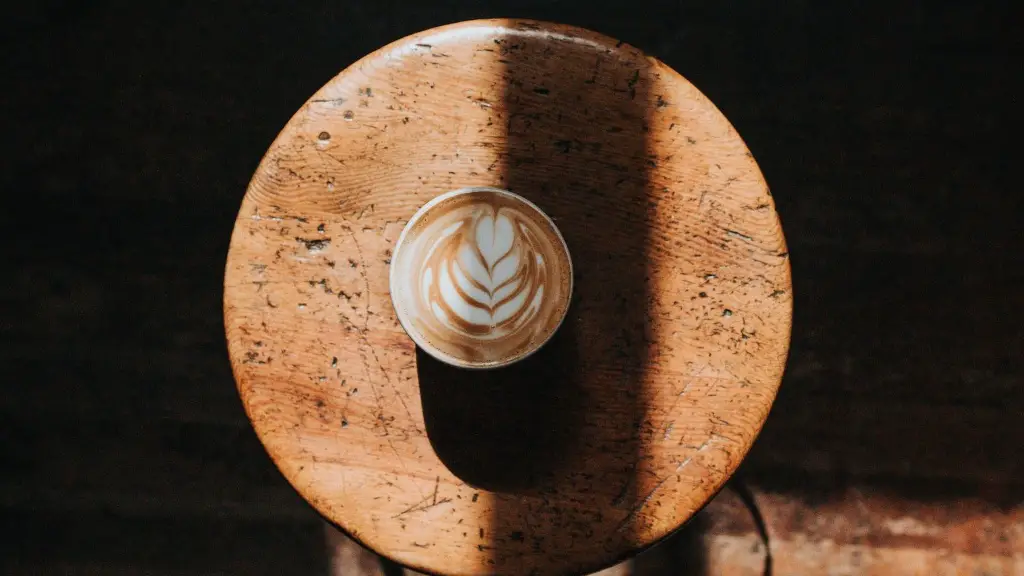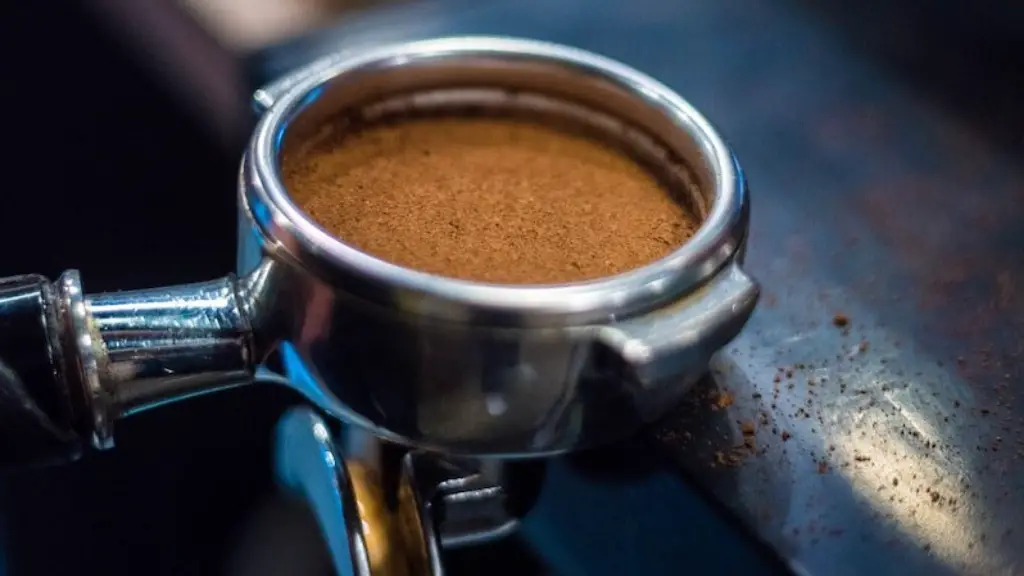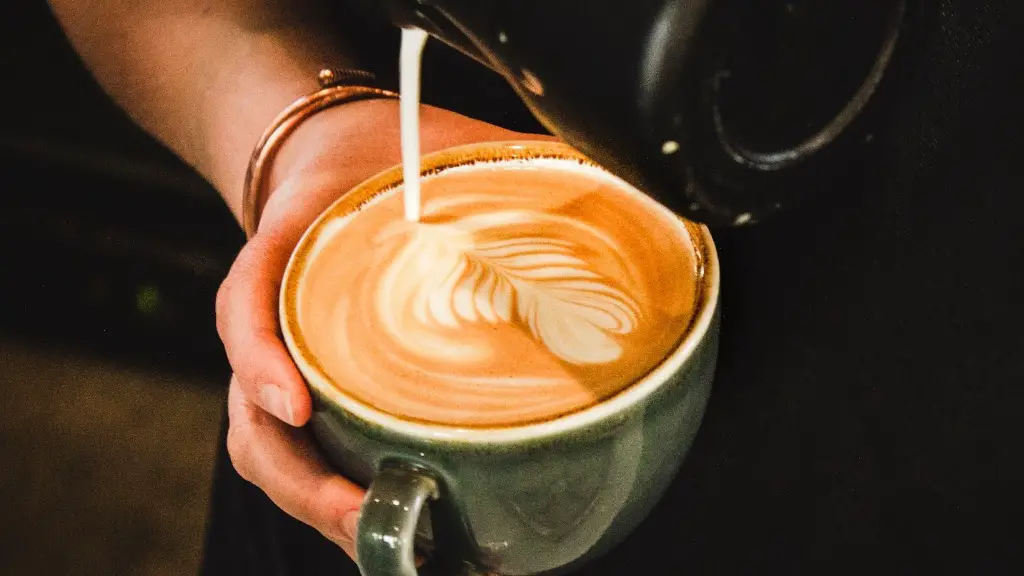Amidst the influx of drinks on the market, coffee and energy drinks remain the two of the most popular beverages. With their similarities, ranging from same-colored cans to very appealing marketing tactics, it can be quite challenging to differentiate between the two. This article will shed some light on the differences between coffee and energy drinks and provide insights, data, and perspectives from experts.
Ingredients
The ingredients in coffee and energy drinks vary significantly. Coffee’s primary ingredient is roasted coffee beans or grounds, supplemented with added cream, milk, or flavoring. Energy drinks, on the other hand, typically contain numerous ingredients such as sugar, flavorings, caffeine, taurine, guarana, and vitamins. Caffeine content is perhaps the most important factor to consider when looking at the difference between the two. Coffee generally contains more caffeine than energy drinks, ranging from 80-180 milligrams per 8-ounce cup compared to an average of 75 milligrams of caffeine per 8-ounce energy drink.
An analysis by the Journal of the American Medical Association showed that popular energy drinks usually have significantly more caffeine than the same size cup of coffee. For example, a 24 oz can of Monster Energy drink has 240 milligrams of caffeine while the same amount of Starbucks coffee contains just 190 milligrams of caffeine. The same study concluded that regular consumption of energy drinks can increase the risk of developing health problems due to their caffeine levels.
Sugar Content
Sugar content is another major difference between the two types of drinks. Coffee is often consumed without sugar and is relatively low in sugar overall. In comparison, energy drinks contain high amounts of sugar per 8-ounce serving, ranging from 25 to 30 grams. Excessive sugar intake can lead to chronic health issues such as obesity, type 2 diabetes, and heart disease.
The Annals of Internal Medicine conducted a research study, which has found that energy drinks contain closely two times more sugar than an 8-ounce cup of coffee. The study further found that energy drinks have more than the daily recommended amount of sugar, which is 6 teaspoons per day. Thus, it can be stated that too much consumption of energy drinks increases the risk of developing obesity, diabetes, and other chronic diseases due to their high sugar content.
Energy Boost
A big difference between coffee and energy drinks is the type of energy they provide. Coffee works mainly on the brain, while energy drinks target both the brain and body. The caffeine in coffee helps to improve mental alertness and focus and can improve concentration. Energy drinks on the other hand, contain additional ingredients such as taurine and guarana, which can provide a physical ‘boost’ of energy – the kind that helps to increase endurance & physical performance.
According to a research study by the American Psychological Association, coffee and energy drinks can both cause a ‘caffeine high’; however coffee’s effect is less prolonged than energy drinks. Energy drinks may lead to a “caffeine crash” after the feeling of alertness has passed. Additionally, energy drinks can lead to dehydration due to its ingredients and sugar which can compromise physical performance.
Health Concerns
When consumed in moderation, both coffee and energy drinks can be a part of a healthy lifestyle; however, when the consumption exceeds moderation, it could lead to serious health concerns. Caffeine overdose can lead to symptoms such as headaches, nausea, and insomnia; energy drinks in particular can also lead to heart palpitations and anxiety due to excessive sugar and other ingredients.
Furthermore, antioxidant levels in coffee and energy drinks differ significantly. Coffee is the richer source of antioxidants while energy drinks contain almost negligible amounts. Antioxidants are known to provide protection against chronic diseases such as diabetes and cancer and can help improve overall health. Regular consumption of coffee provides more of these benefits compared to energy drinks.
Personal Insights
In light of the numerous differences between coffee and energy drinks, I have personally chosen coffee as my drink of choice. It provides me with the caffeine boost required to stay productive while the moderate sugar content keeps my health in check. Additionally, I am confident that I remain covered in the antioxidants department due to the higher amount present in coffee.
Disadvantages Of Too Much Consumption
While coffee and energy drinks are a great way to get a quick pick-me-up, excessive consumption can have serious repercussions on health. Giving in to the temptation of energy drinks can lead to a sudden surge in the blood sugar, followed by a ‘crash’ due to the excessive sugar and other ingredients. Too much caffeine from any of these drinks can result in headaches, jitters, and an inability to concentrate.
It is also for this reason that health professionals recommend not to exceed more than 400 milligrams of caffeine a day. Therefore, it is important to be aware of the recommended daily intake of caffeine as well as of the ingredients in the drinks that you consume.
Values and Benefits of Moderation
For those who love their coffee and energy drinks, moderation is the key to living a healthier life. Limiting the number of cups of coffee consumed daily to four will help to prevent any adverse health concerns arising from excessive caffeine intake. Limiting energy drinks to one per day can also help keep sugar intake in check. It is similarly important to stay mindful of the other ingredients in energy drinks and opt for alternatives with lesser sugar and caffeine content for a healthy balance.
Quality Over Quantity
In today’s world, it is no secret that both coffee and energy drinks offer a convenient and relatively affordable solution to the mid-afternoon slump. Although each drink can help to provide the necessary energy boost, it is important to remember that quality and not just quantity, should be the focus when choosing which drink to consume. Fair-trade and organic coffees, for example, contain fewer toxins, more antioxidants, and a fuller flavor than standard coffees.
In the case of energy drinks, it is important to look at more than just the labeling and marketing of the product. It is important to pay attention to the ingredients, caffeine, and sugar content as these can be potential health hazards. On the whole, choosing a quality drink over quantity is the key to having a healthier lifestyle.



